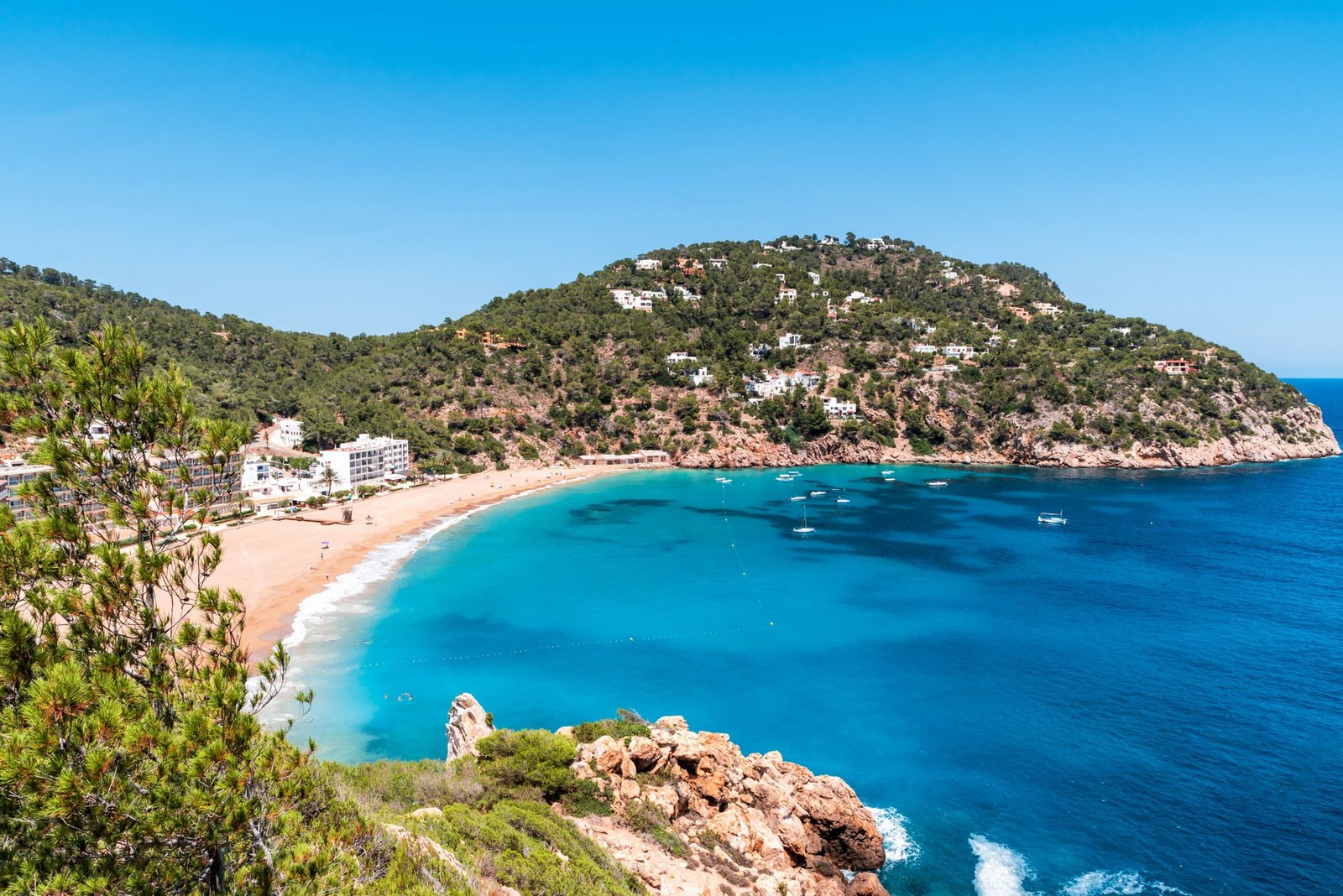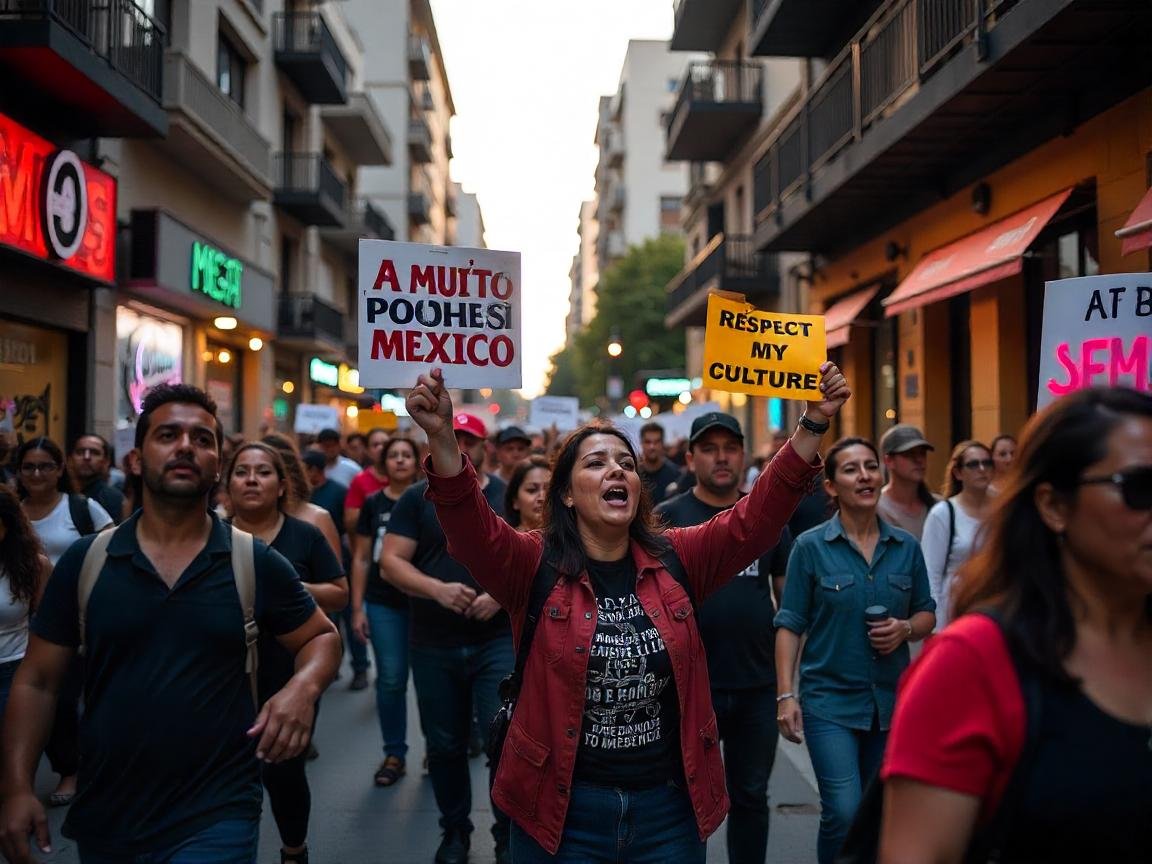Greece: A one-year ban on new short-term rental registrations has come into force [1 January] in Athens as the Greek authorities bid to address a housing shortage and perceived overtourism.
The measures were passed after a year when the number of available beds in rental units overtook those in hotels across Greece, which led to criticism and lobbying from the country’s hotel sector for a tightening of restrictions on short-term rentals.
Now that the rules have come into effect, property managers and owners will be forbidden from registering new short-term rentals in a number of districts in Athens for one year, including in the most in-demand areas such as Exarchia, Kolonaki, Koukaki and Pangrati.
After the legislation was approved back in November, homeowners in the aforementioned districts had until 31 December to declare their properties. The new measures will also offer tax breaks to property managers / owners who opt to change from the short-term rental market to the long-term rental market.
Short-term rentals in Athens must already show proof that they meet strict health and safety requirements and fulfil the necessary ventilation and liability insurance standards, while owners renting out more than two properties are required to be professionally licensed.
Speaking in September, Greek Prime Minister Kyriakos Mitsotakis said that the government’s latest regulatory strategy would introduce a temporary freeze on new short-term rental permits in neighbourhoods where STRs exceed five per cent of the total housing stock. The move marked a shift away from previously proposed caps on rental days, such as the 90-day limit, which was scrapped.
The initiative is part of a broader strategy to address Greece’s housing issues, as well as other effects of overtourism.
The government previously said that it was “very concerned” about an influx of cruise passengers and will begin charging fees, while it will also increase a tax related to the climate crisis on accommodation.
Greece will also expand its Golden Visa programme to investors who are willing to put at least €250,000 into local startups. Foreigners were previously required to buy property to acquire the visa.







